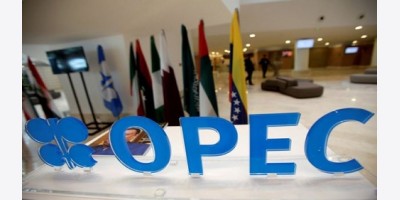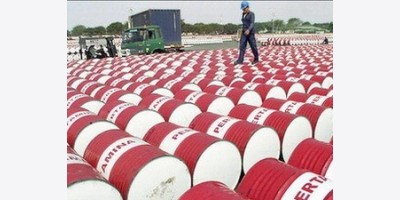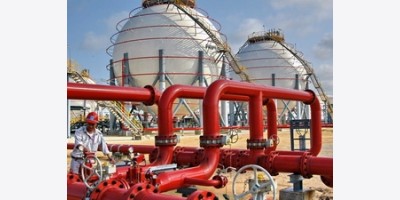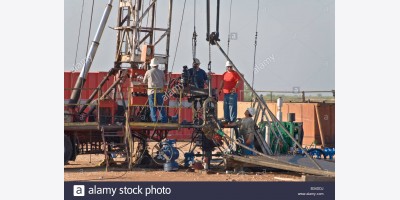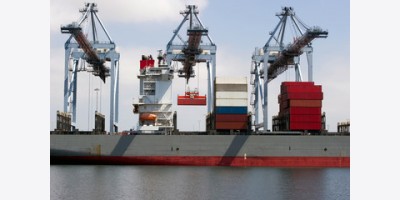Moscow’s aggression in Crimea has markets in a panic and bulls predicting continued increases in the price of oil should tensions endure. Nonetheless, there is a chance that Russia’s Ukrainian incursion could result in the exact opposite effect—a decline in oil prices.
There are two different ways the Crimean crisis could result in decreased prices: a positive supply shock from the American strategic petroleum reserve (SPR) and a negative demand shock from financially crippled emerging markets.
On the supply side, the West is searching for a way to oppose Russian aggression but must tread a fine line between effective resistance and exacerbating what is already a geopolitical powder keg. One potential course of action is hitting Moscow where it hurts—its oil revenue. Economist Phillip Verleger recommends doing just that by opening up the SPR and letting 500,000 barrels per day flow onto world markets. Verleger estimates that this would be enough to push prices down by approximately $10 a barrel. Oil and gas accounted for 52% of Russian federal government revenues in 2012, and such a drop would cost Moscow almost $40 billion and compress the Russian GDP by approximately 4 percent. Key swing producer Saudi Arabia would have to agree not to cut production to counter declining prices, but Russian support of Syrian President Bashar al-Assad may be just what the Kingdom needs to agree to such collusion.
Declining oil prices could be very disruptive to Russia, as the Crimean action has already proven very expensive for Moscow. Russian equities tumbled 12 percent on Monday, with the MICEX stock index falling approximately $60 billion since Friday. Furthermore, the Central Bank of Russia has burned through over $12 billion in gold and foreign currency reserves since the beginning of the crisis in an attempt to prop up the ruble. Directed economic pain may be enough to push Russia back across the Ukrainian border.
On the demand side, this uncertainty is occurring at a terrible time for emerging markets. Already suffering massive capital flight, the recent turmoil will serve to exacerbate investor fears of riskier emerging markets and Bill Witherell, chief global economist at Cumberland Advisors, forecasts a “general pullback” from equity markets around the globe should the crisis continue. A general pullback from equity would do two things. First, it will weaken emerging market currencies, increasing the real cost of oil for these countries and thus decreasing oil demand growth. Second, it will more generally hurt emerging market economies and dampen oil demand growth. The IEA forecast that emerging markets would account for more than 100% of global oil demand growth this year (OECD consumption is decreasing). In the absence of expected emerging market demand growth, supply may chase demand it never finds, thus decreasing prices.
While the bulls could turn out to be correct, never discount the possibility of the Russian bear.
By Rory Johnston of Oilprice.com













